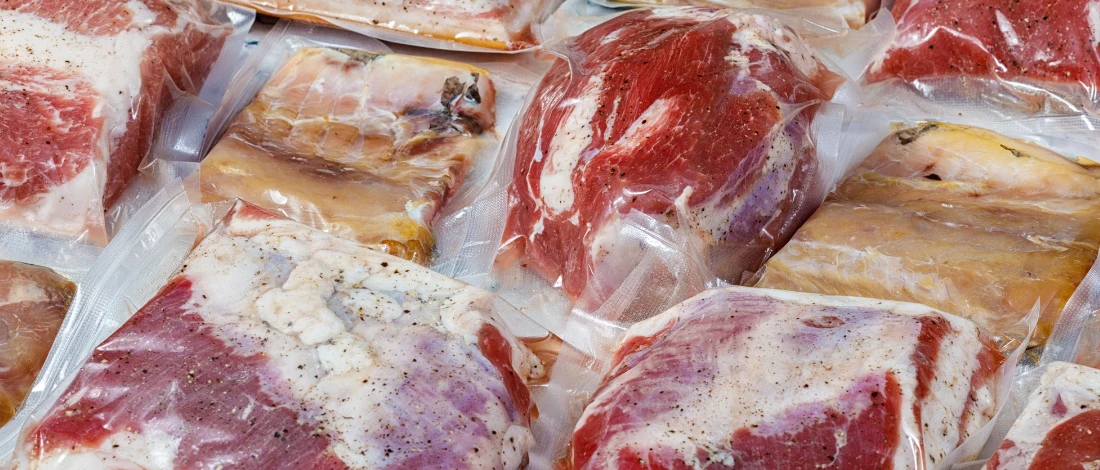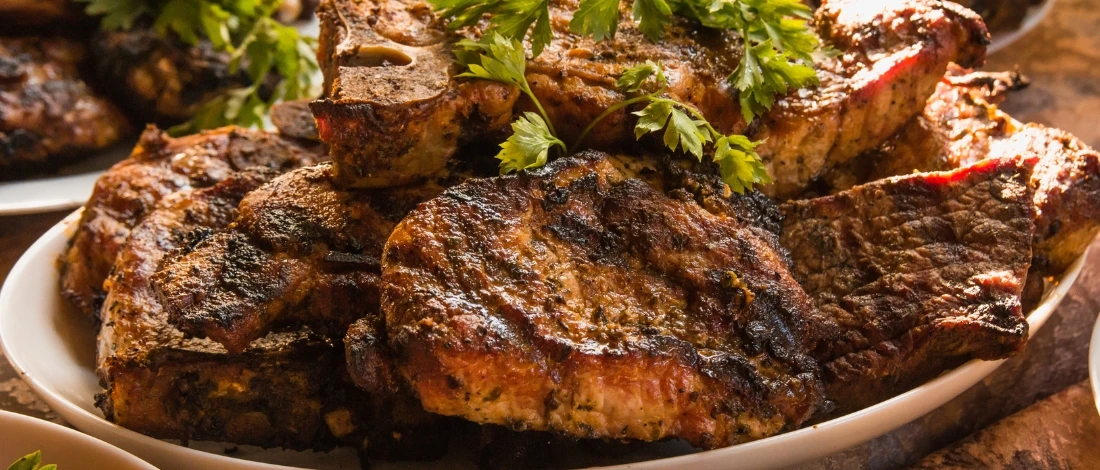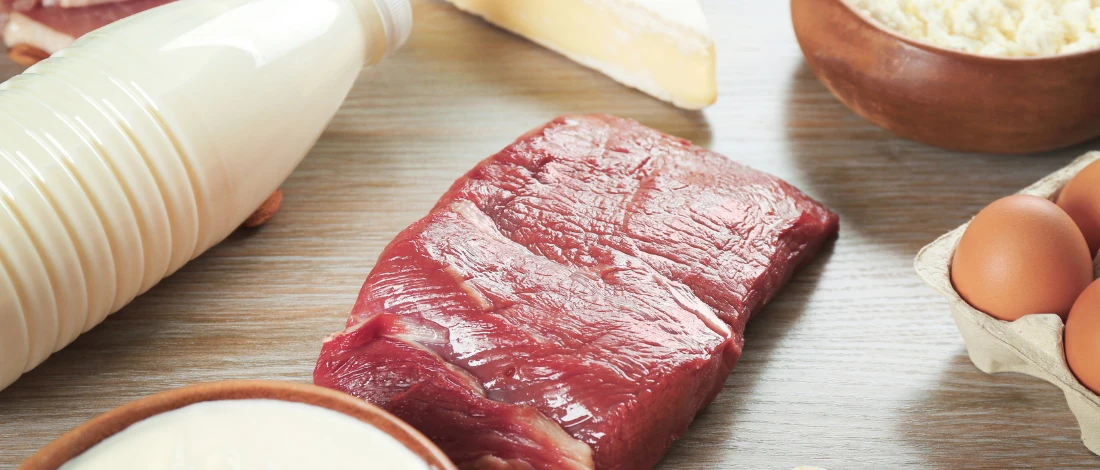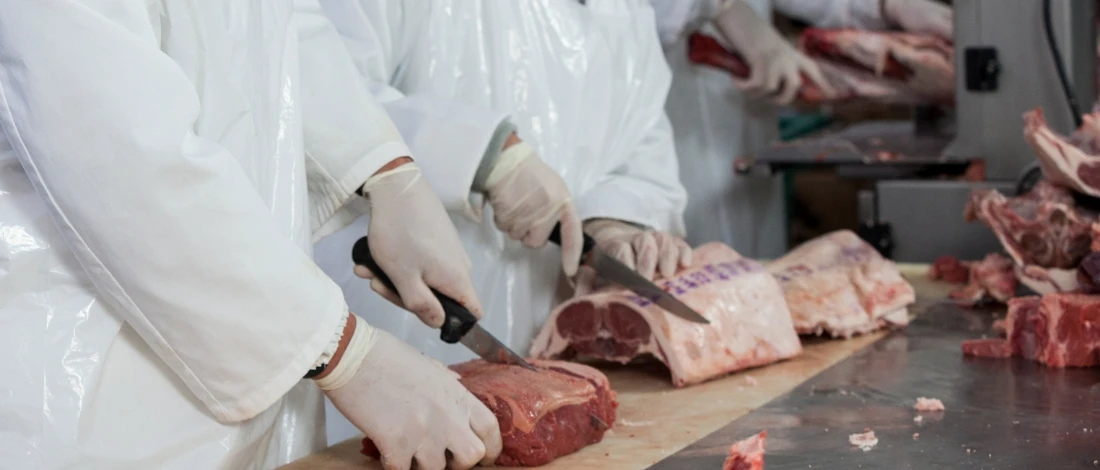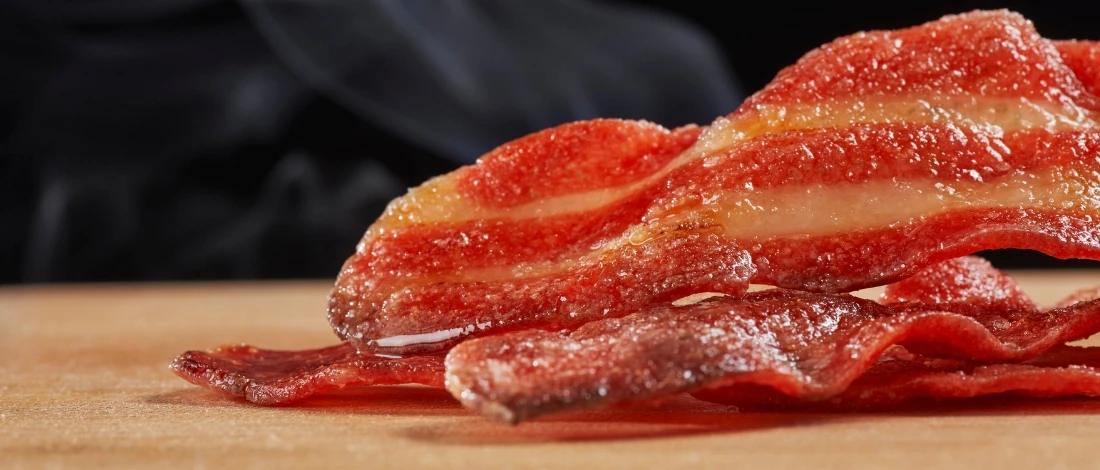British travelers returning from European vacations face a new reality at customs: their culinary souvenirs must now stay behind.
Starting Saturday, a sweeping ban on personal imports of meat and dairy products from EU countries took effect in Great Britain—a defensive move to shield the nation’s agriculture sector from foot-and-mouth disease (FMD) outbreaks currently spreading across Europe.
The restrictions hit everyday items hard. Cheese and ham sandwiches, cured meats, fresh cuts, and milk products are now off-limits regardless of packaging or purchase location.
Border agents will confiscate any prohibited foods, with violators risking fines up to £5,000 in serious cases.
“This government will do whatever it takes to protect British farmers from foot-and-mouth,” said Daniel Zeichner, minister for food security and rural affairs.
“We are further strengthening protections by introducing restrictions on personal meat and dairy imports to prevent the spread of the disease and protect Britain’s food security.”
The disease, while not harmful to humans, poses an existential threat to livestock operations. FMD spreads rapidly among cattle, sheep, pigs, and other cloven-hoofed animals, potentially decimating herds and closing export markets.
“The outbreak in Europe presents a significant risk to farm businesses and livestock,” warned the Department for Environment, Food and Rural Affairs in a statement.
The agency noted the disease can cause “significant economic losses due to production shortfalls in the affected animals, as well as loss of access to foreign markets.”
Earlier this year, the UK already banned commercial imports of cattle, sheep, and pig products from Germany, Hungary, Slovakia and Austria following FMD outbreaks in those countries.
The new personal import restrictions apply only to Great Britain, not to Northern Ireland, Jersey, Guernsey or the Isle of Man.
Jorge Martin-Almagro, UK deputy chief veterinary officer for international and trade affairs, emphasized that “robust contingency plans” are already in place but urged livestock keepers to remain vigilant for disease symptoms and maintain strict biosecurity measures.
Some exemptions exist, including limited amounts of infant milk, medical foods, and certain processed products like chocolate, confectionery, baked goods, and pasta.
For now, British foodies must savor European delicacies where they’re made—a small sacrifice to protect an industry that serves as both economic backbone and cultural cornerstone of rural Britain.
You May Also Like: Zimmerman Family Expands Renick Valley Meats to Serve Local and Regional Demand for Quality Beef

